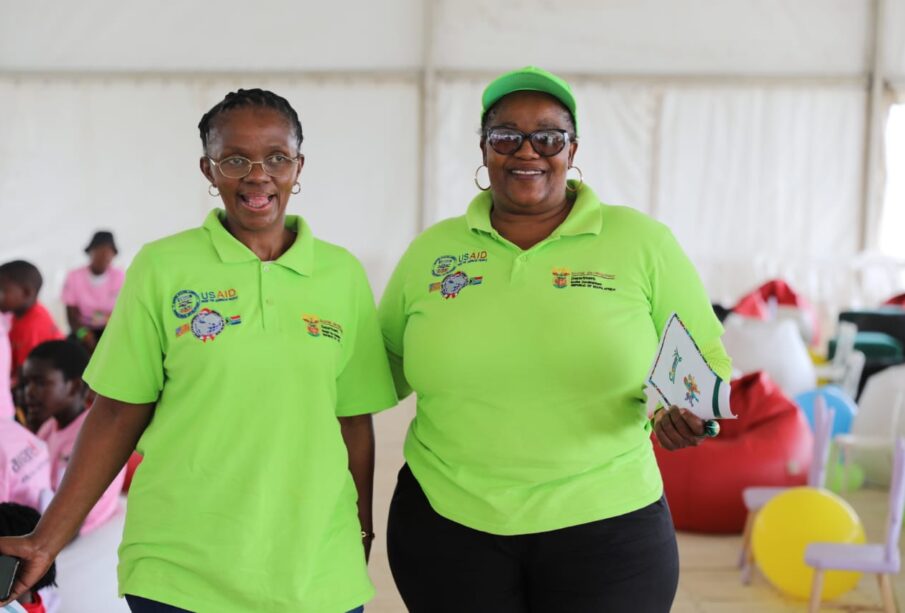MOBILISING ACTION: COMBATING TUBERCULOSIS AND HIV/AIDS THROUGH HOLISTIC APPROACHES

By Morapedi Sibeko
- March is National Tuberculosis Awareness Month, emphasising efforts to combat TB and raise public awareness.
- Vulnerable groups, including those living in poverty and with limited healthcare access, are disproportionately affected by TB and HIV/AIDS.
- DSD’s initiatives like ChommY and RISIHA exemplify holistic approaches to addressing HIV/AIDS and TB, targeting prevention, support, and community empowerment.
March marks National Tuberculosis Awareness Month, a time dedicated to rallying efforts in the fight against tuberculosis (TB) and increasing public awareness of this disease. The World Health Organization (WHO) states that the theme “Yes! We can end TB” is still in use in 2024. The Department of Social Development (DSD) is unwavering in its dedication to HIV prevention and assistance. The significant overlap between HIV and tuberculosis is acknowledged, highlighting the necessity of coordinated approaches to addressing both health issues fully.
As per the UNAIDS, in the fight against Human Immunodeficiency Virus (HIV) and Tuberculosis (TB), it is critical to highlight the mutual dependence of these two illnesses since people who are HIV positive are more susceptible to contracting TB and vice versa. According to the WHO’s Global Tuberculosis Programme, marginalised and vulnerable groups, such as those living in poverty, crowded conditions, and with limited access to healthcare, are disproportionately affected by both TB and HIV. A new study that was released in October 2023 in the Journal of Public Health further states that these populations are more susceptible to both diseases as they frequently have overlapping risk factors. HIV-positive people, for example, are far more likely to get TB infection because HIV infection compromises immune systems, which makes the body less effective in fighting off TB bacteria.
As part of a commitment to addressing the social and structural causes of these diseases, DSD is putting a variety of programs into action targeted at providing help to disadvantaged populations impacted by HIV and TB. The ChommY program is one such effort that aims to prevent adolescent pregnancies, lessen HIV infections, increase self-confidence, and empower young people to make sound choices by creating expertise, building skills, and empowering them. ChommY is a youth-focused initiative that aims to address risky behaviours and low levels of education, two major factors that contribute to the spread of HIV and TB. Orphans and vulnerable children impacted by HIV and TB get care and support services from the RISIHA program, a community-based child protection effort. The initiative, which was first designed to assist HIV/AIDS orphans, has since grown to include other vulnerable populations, such as children and youth-headed households, people with long-term medical issues, and homeless adolescents.
As highlighted by the Global AIDS Strategy 2021–2026, in order to tackle the HIV/AIDS epidemic, coordinated efforts and cooperative approaches are crucial. It is critical that we take a comprehensive approach to HIV/AIDS prevention and treatment, taking into account social drivers of health, stigma, and prejudice in addition to medical considerations. DSD programs like ChommY and RISIHA aim to strengthen communities, address systemic drivers of HIV/AIDS and TB, and promote better health outcomes, illustrating a holistic approach to projects. By adopting integrated tactics and using partnerships, South Africa may endeavour to accomplish the objectives delineated in the Global AIDS Strategy. This entails guaranteeing fair access to medical care, lowering the rate of new cases of TB and HIV, and eventually putting an end to the AIDS and TB epidemics by 2030.














